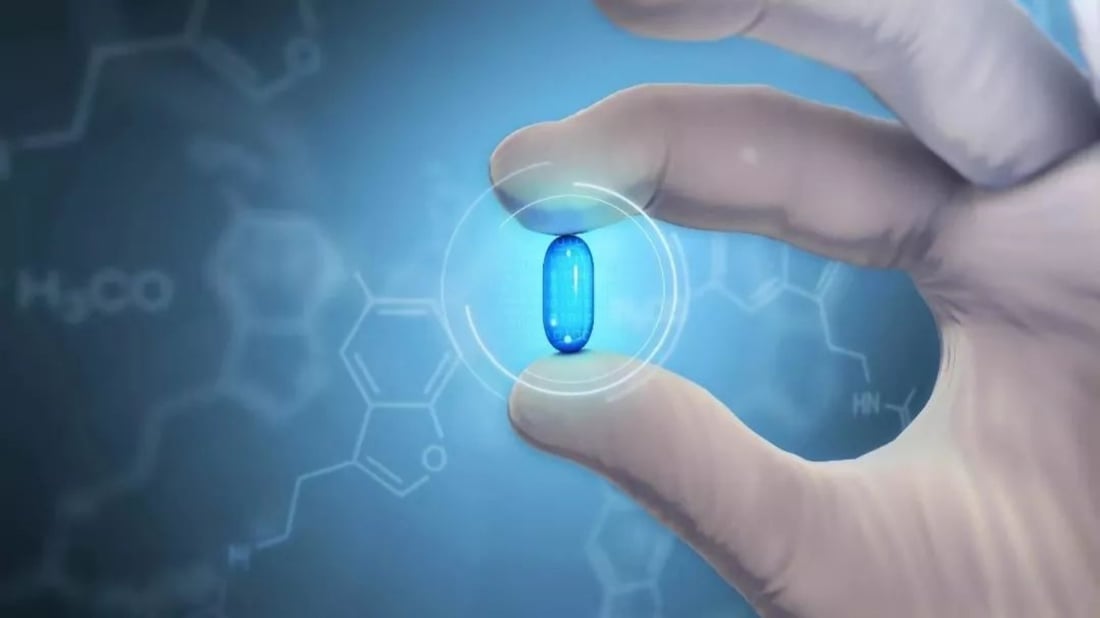Is Exatecan soluble in water?? Everything You Need to Know

Exatecan is a potent anticancer drug belonging to the class of topoisomerase I inhibitors. As with any chemical compound, understanding its solubility properties is crucial for its effective use. In this article, we will explore the solubility of Exatecan in water and its implications for its administration and pharmaceutical applications.
Understanding Exatecan's Solubility

Solubility refers to the ability of a substance, such as Exatecan, to dissolve in a particular solvent, in this case, water. It is an essential characteristic to consider when formulating drugs for oral, injectable, or other administration routes. The solubility of a compound affects its bioavailability, stability, and overall effectiveness.
Exatecan's Solubility in Water

Exatecan is sparingly soluble in water, which means it dissolves only to a limited extent. This limited solubility can present challenges in formulating Exatecan-based pharmaceutical products, as achieving a desirable concentration in aqueous solutions may require additional strategies.
Factors Affecting Exatecan's Solubility

Various factors influence the solubility of a compound in water. In the case of Exatecan, the following factors play a role:
1. pH
The pH of the solution can significantly impact the solubility of Exatecan. It is known that Exatecan is more soluble in acidic solutions compared to neutral or alkaline conditions. Therefore, adjusting the pH of the formulation can enhance its solubility.
2. Temperature
Temperature also affects the solubility of Exatecan in water. Generally, an increase in temperature leads to increased solubility, while colder temperatures may result in decreased solubility. However, it is important to note that Exatecan's solubility does not increase significantly with temperature changes.
3. Co-solvents
Co-solvents can be used to enhance the solubility of Exatecan in water. Adding small amounts of compatible organic solvents can improve the dissolution rate and overall solubility of Exatecan. However, caution must be exercised to ensure the safety and compatibility of the chosen co-solvent.
Implications for Pharmaceutical Applications

The limited solubility of Exatecan in water presents challenges for its pharmaceutical applications. However, researchers and pharmaceutical companies have developed various strategies to overcome these challenges:
1. Formulation Techniques
Advanced formulation techniques, such as nanosuspensions, microemulsions, and solid dispersions, can be employed to improve the solubility and bioavailability of Exatecan. These techniques involve reducing the particle size or using carriers that enhance solubility and dissolution.

2. Prodrug Design
Prodrug design involves modifying the chemical structure of Exatecan to create a more soluble derivative. By introducing functional groups or chemical modifications, the solubility of Exatecan can be enhanced, allowing for easier formulation and administration.
3. Alternative Routes of Administration
When oral administration is not feasible due to poor solubility, alternative routes such as intravenous or subcutaneous administration can be considered. By bypassing the gastrointestinal tract, these routes can ensure efficient delivery of Exatecan to the target site.
4. Combination Therapy
Combining Exatecan with other drugs or excipients that enhance its solubility can improve its overall effectiveness. Synergistic effects can be achieved by formulating Exatecan with solubilizing agents or co-administering with other anticancer agents.

Conclusion
In conclusion, Exatecan exhibits limited solubility in water, which can present challenges for its pharmaceutical applications. However, with the advancement of formulation techniques and creative strategies, the solubility and bioavailability of Exatecan can be improved. Researchers and pharmaceutical companies continue to explore innovative solutions to maximize the therapeutic potential of this promising anticancer drug.
Exatecan mesylate (169869-90-3 ) is a potent inhibitor of topoisomerase I with an IC50 of 0.975μg/mL. Exatecan mesylate(DX-8951f) significantly inhibited the proliferation of a variety of cancer cell lines, with an average GI50 of 2.02 ng/mL, 2.92 ng/mL, 1.53 ng/mL, and 0.877 ng/mL targeting breast cancer cells, colon cancer cells, gastric cancer cells, and lung cancer cells, respectively. Exatecan mesylate(DX-8951f) showed cytotoxic activity against PC-6 and PC-6/SN2-5 cells with average GI50 of 0.186 and 0.395 ng/mL, respectively.
We can supply Exacecan mesylate API (CAS:169869-90-3) and intermediates (CAS: 182182-31-6) with good quality and competitive price, please call us if you have any concerns. thanks.

